Hi guys! I want to show you and tell you about a beautiful and peaceful place in Wroclaw. This Japanese garden is a living relic left over from the exhibition in Wroclaw in 1913. . Entry cost 8 zł.
There will be a lot of photos, because at every step there was something beautiful, a lot of beautiful flowers, trees, unfortunately, not all plants have bloomed.
It is also a very interesting story of creating a garden. Now I will tell you a little!
This is a place full of oriental spirit, which gives you the opportunity to relax and unwind, enjoying an oasis of peace and tranquility, also to spend the day with children. While staying in the garden, you will learn Japanese plant species and the fascinating art of bonsai.
Japanese garden in Wroclaw - history.
In 1913, the World Fair was held in Schitnitsky Park. The Japanese garden was considered to be the pearl of the exhibition. Japanese enthusiast Earl Fritz von Hochberg and Japanese gardener Mankichi Arai worked on its creation.
Unfortunately, after the exposure, many elements were removed, and most of the buildings were temporary. However, the paths, the shape of the streams, as well as the southern part of the garden, its hillocks, landscape hills, water sources and vegetation have been preserved.
In 1996, the city administration decided to restore the Japanese pearl in Wroclaw. To this end, nine Japanese experts were invited from the city of Nagoya, who undertook to implement the plan.
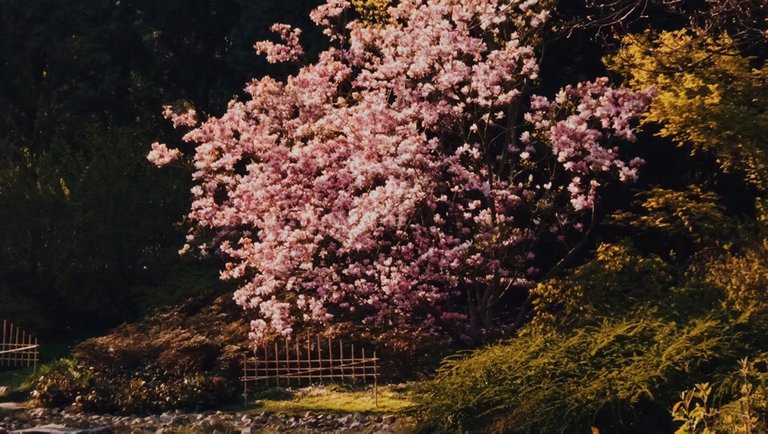
After entering the beautiful alley will lead you to the central part. Here is the largest bridge of the garden, connecting the two shores of the lake.
The bridge is very beautiful, there is a decorative roof above it. There are two water cascades on the lake.
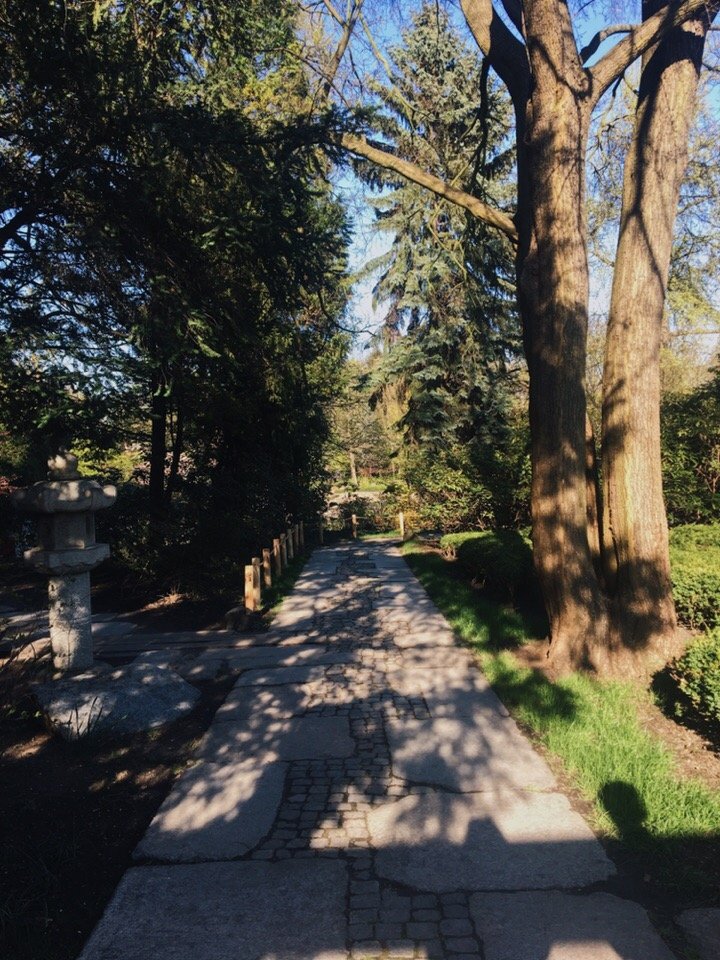
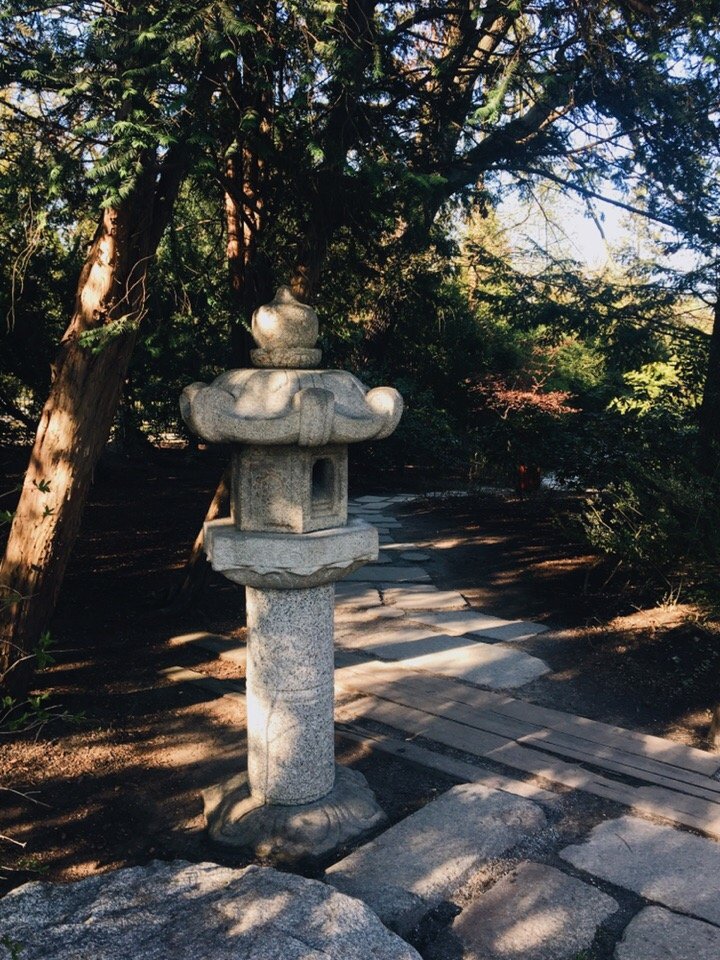
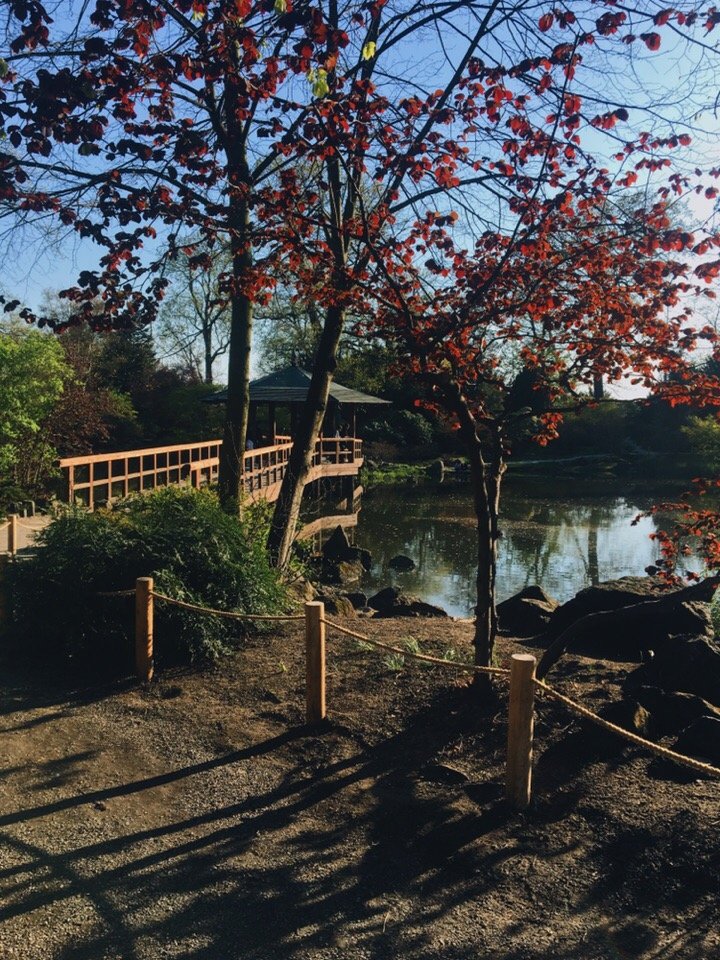
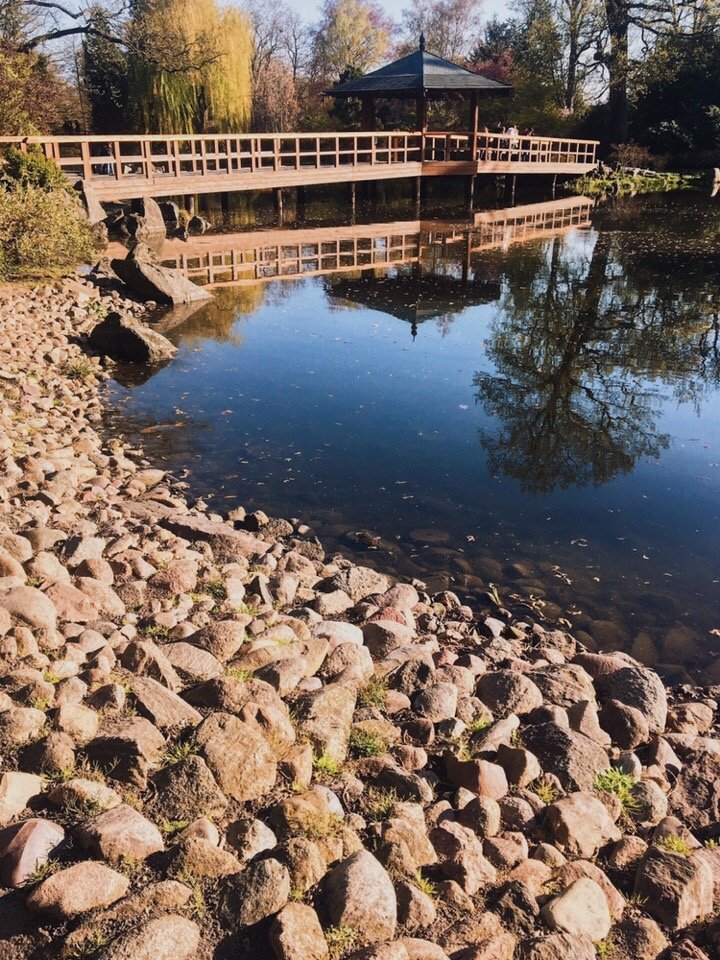
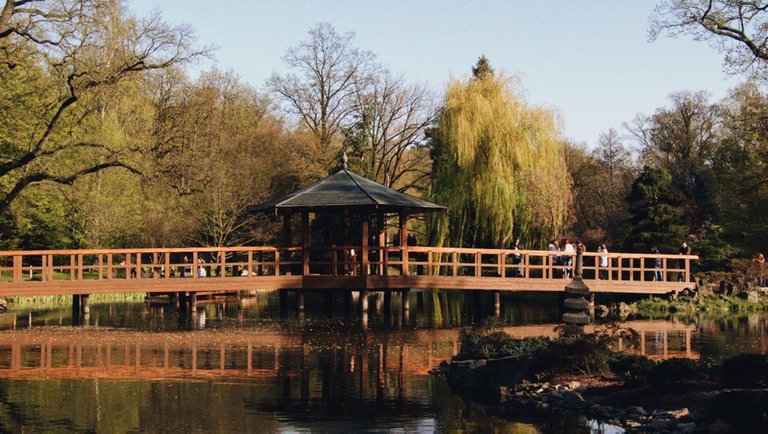
The southern part of the garden is the same as the gardens near the houses in Japan. Here are houses, pavilions such as Sukija, trimmed hedges, as well as various fragments of the stone-grass garden.
In addition, the garden has many ponds and beautiful exotic flowers. Flowers in the garden are planted in such a way as to give the impression that the whole garden is blooming at the same time.
In fact, this is not the case, the flowers bloom in turns, and when some fade away, the others quietly pick up the baton. Thus, it may seem that the Japanese Garden abounds and blooms constantly.
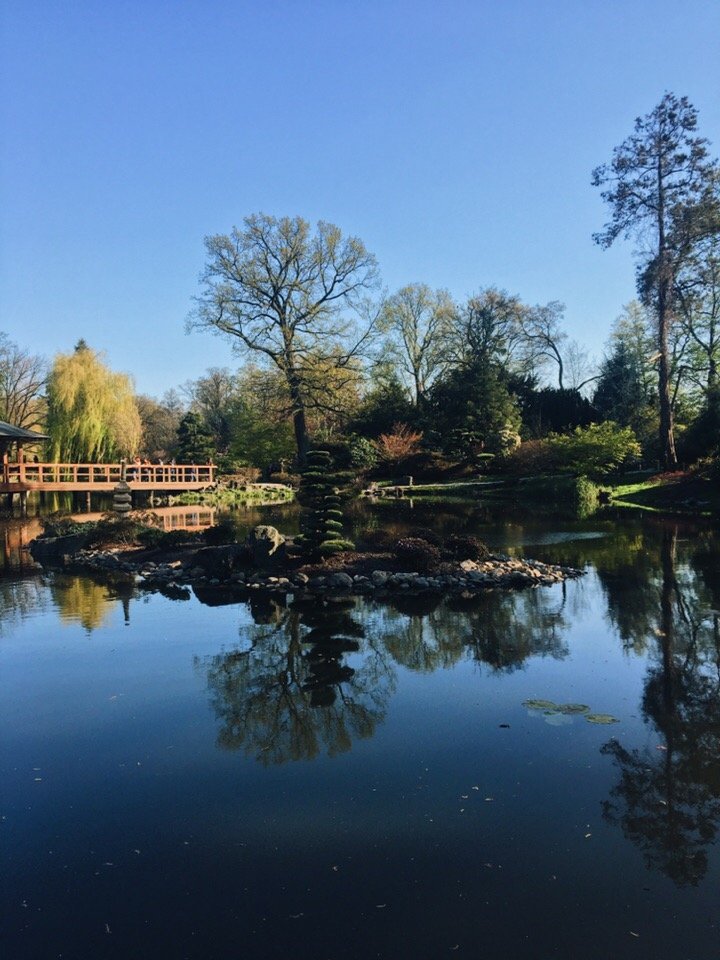

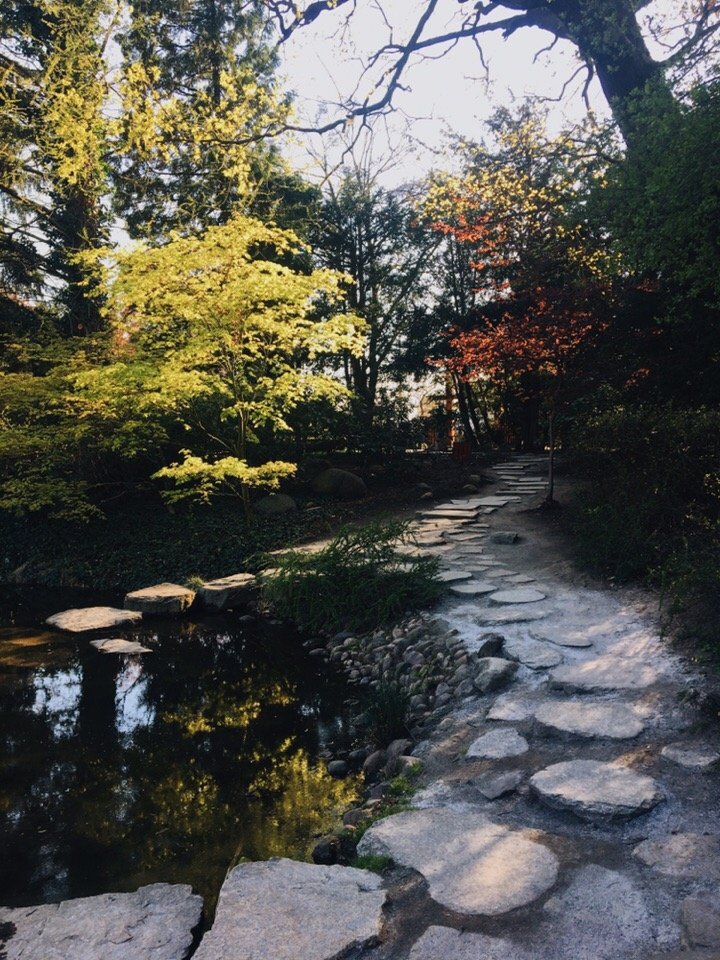
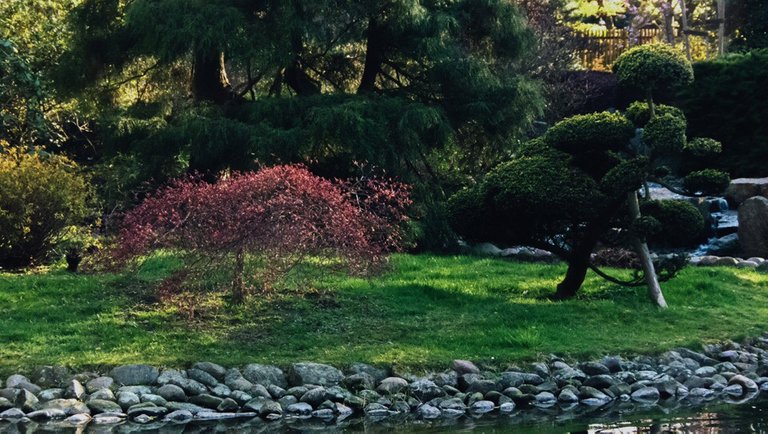
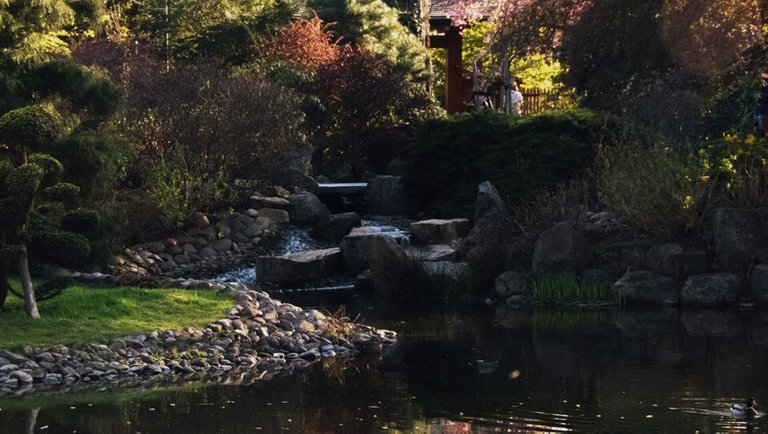
Spring is the best time to see the beauty of the Japanese garden.
Bare trees are just beginning to dissolve the leaves, and some types of flowers begin to bloom even before the leaves appear. And if you observe the picture for several weeks, then you can trace the whole evolution of the development of nature. From gray and brown lifeless branches, to the riot of colors and lush greenery.
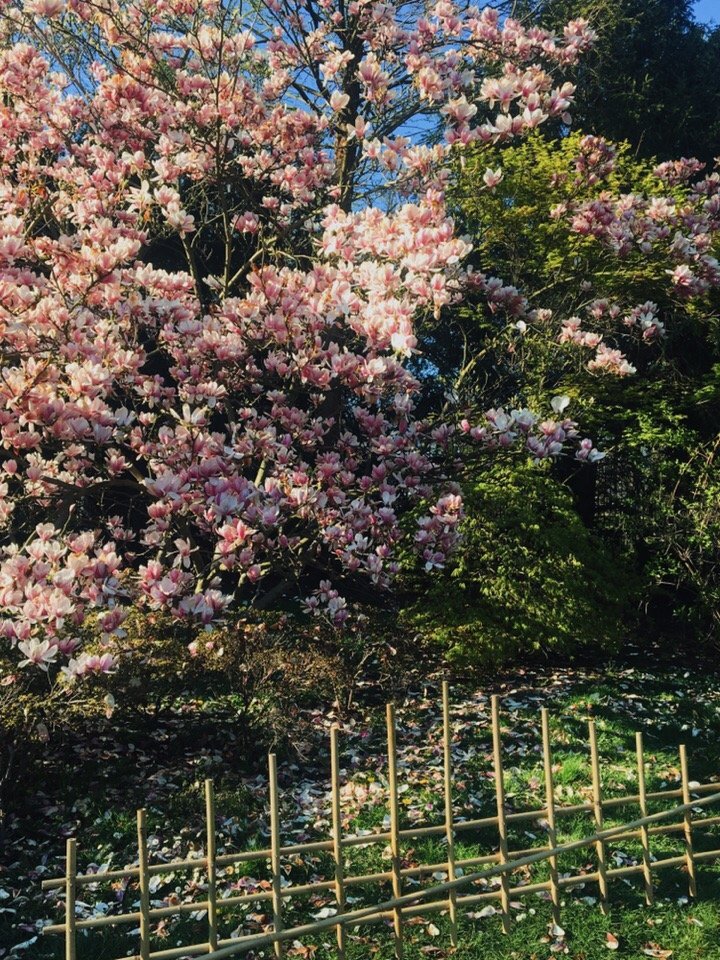


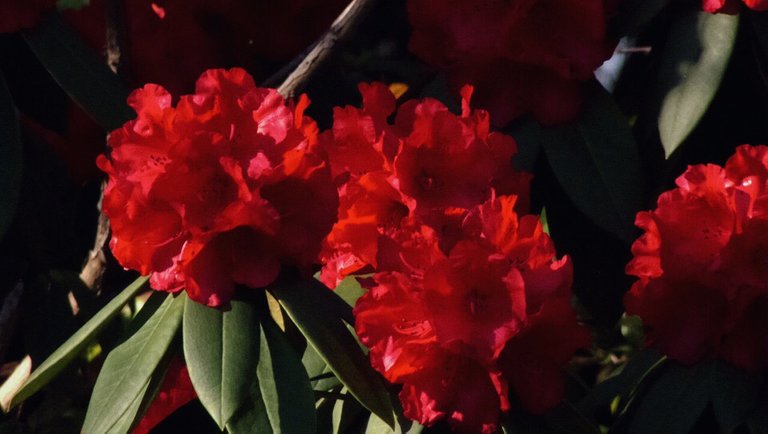
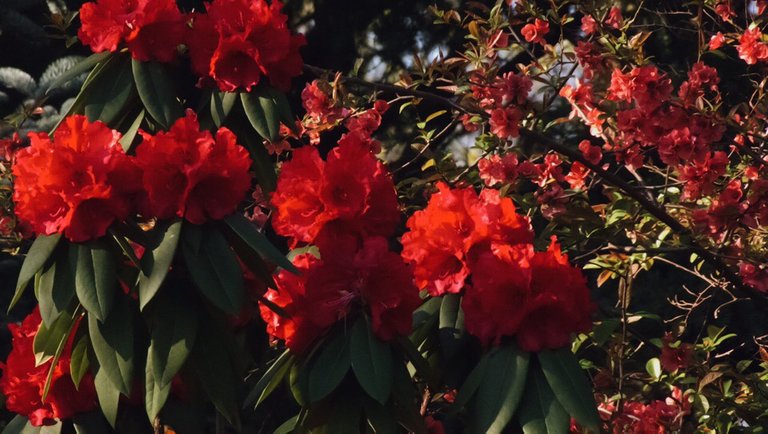
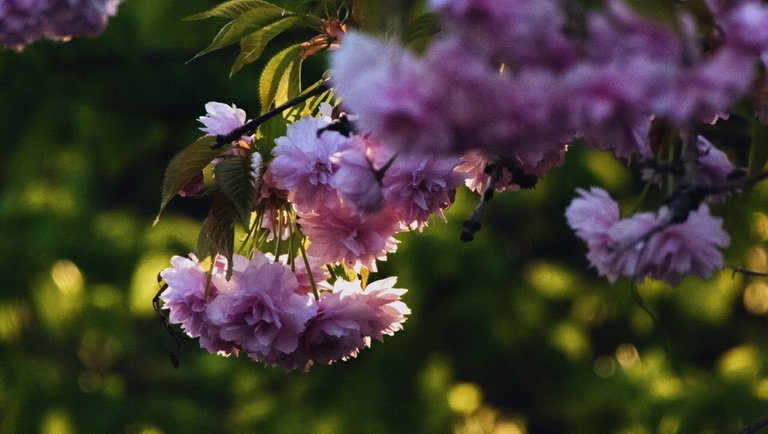
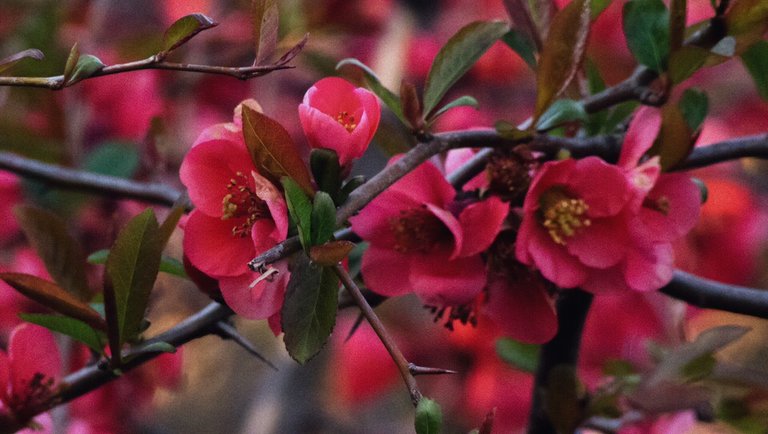

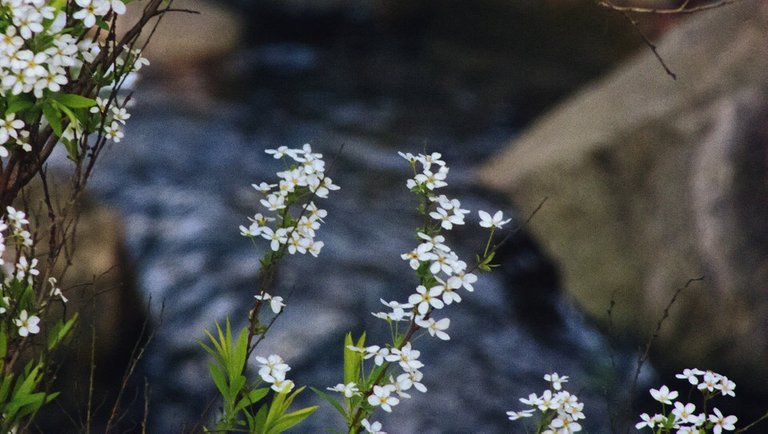

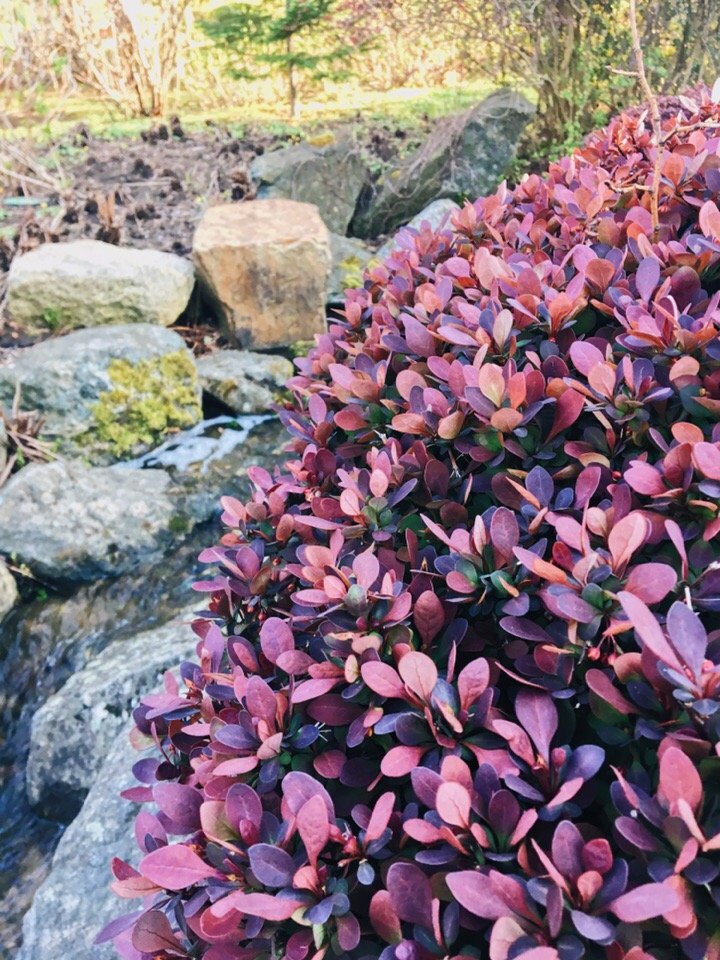
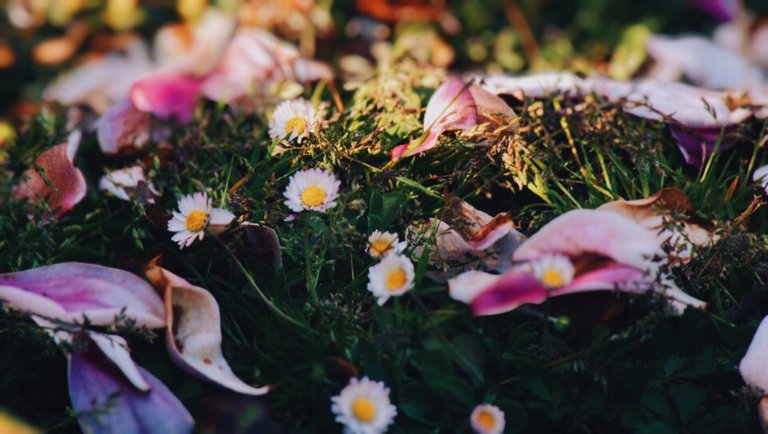
Building objects - gates, bridges and pavilions are a combination of thought and Japanese tradition with the skill of Polish artists.
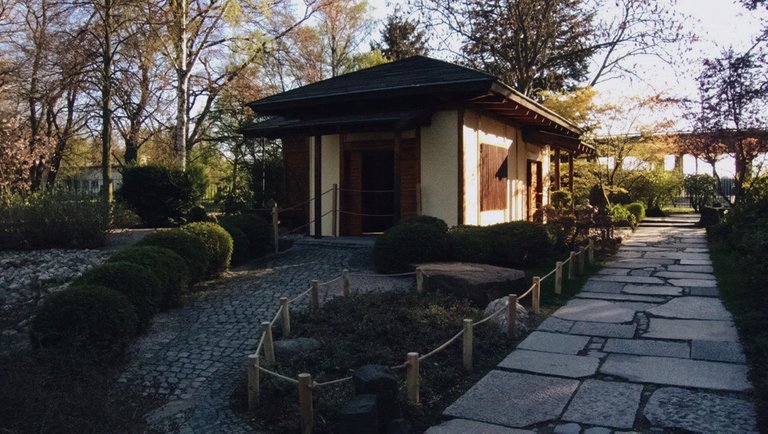

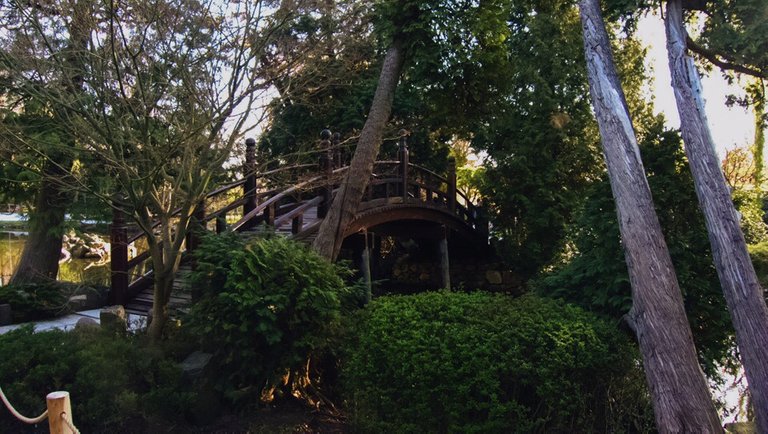
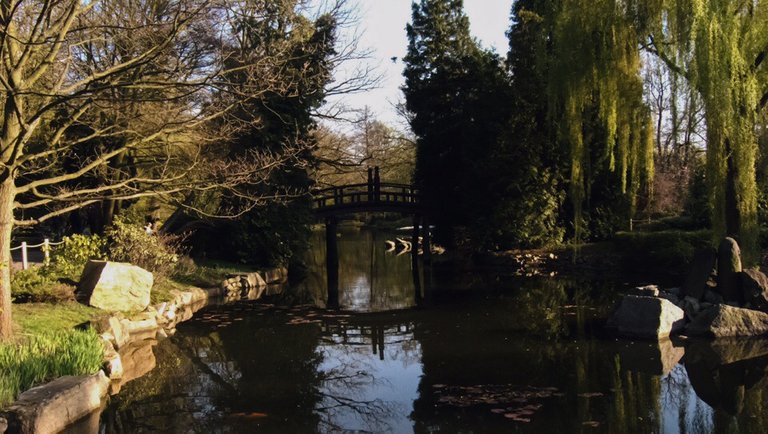
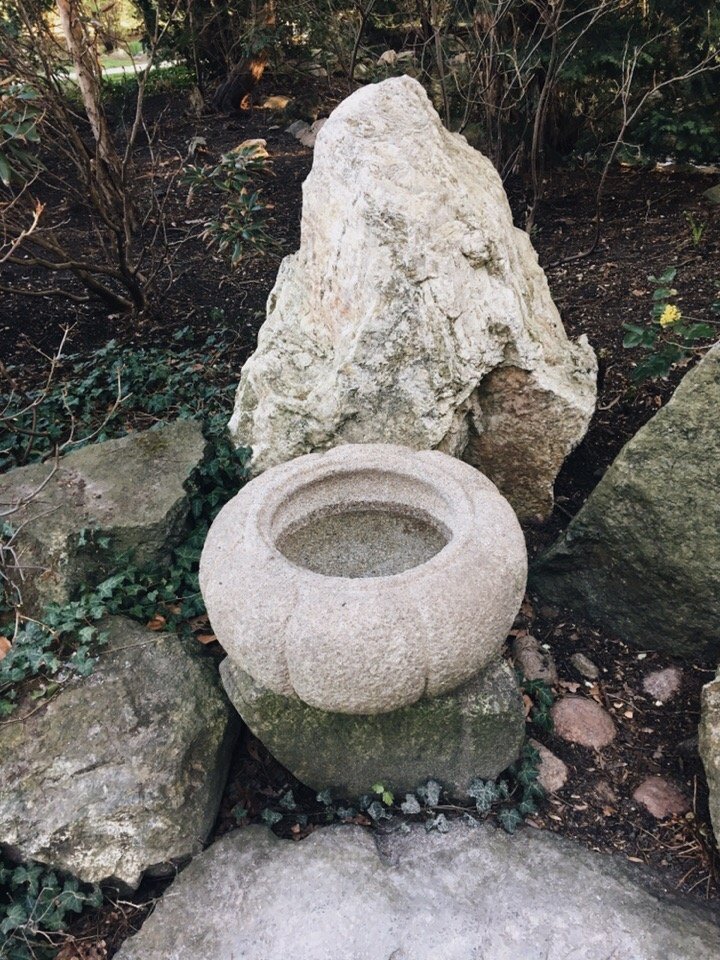
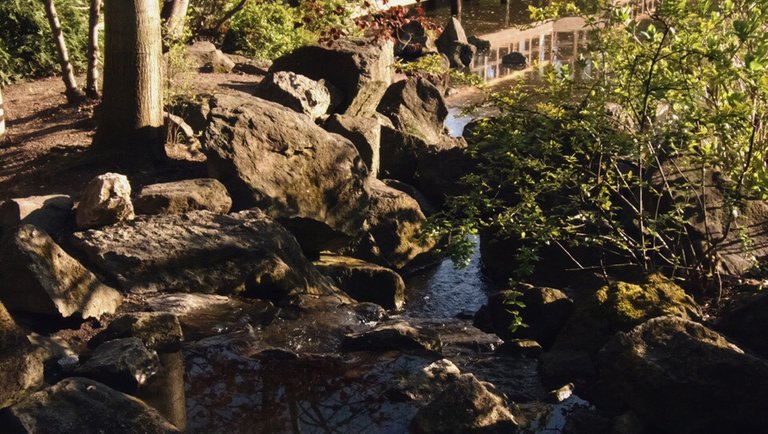
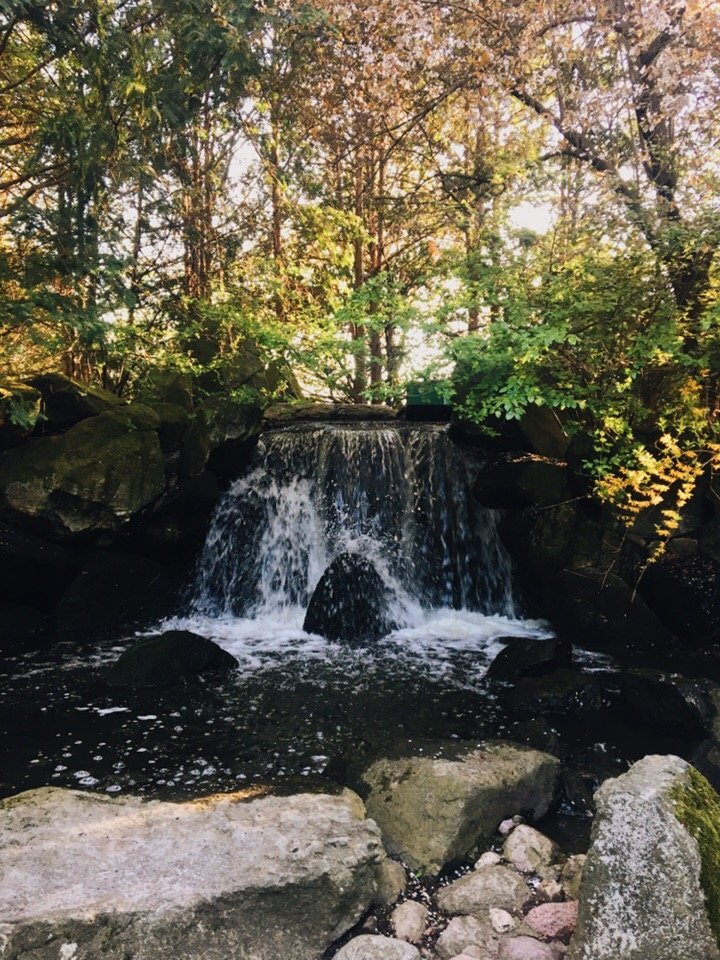
Also there you can see beautiful Japanese carps Koi, they are of different sizes and colors, you can also see cute ducks.
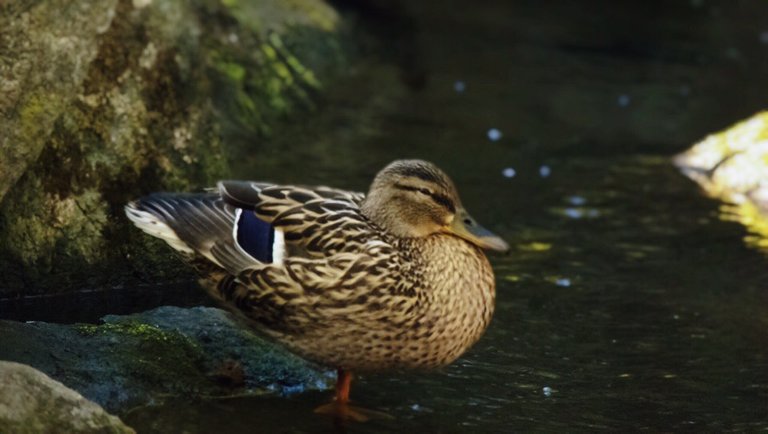
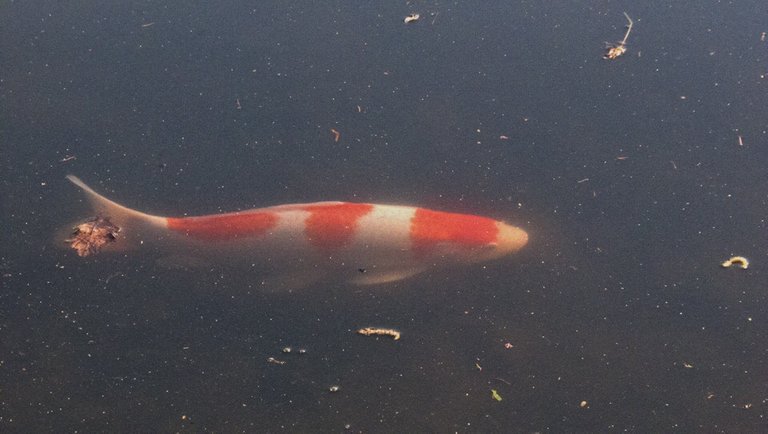
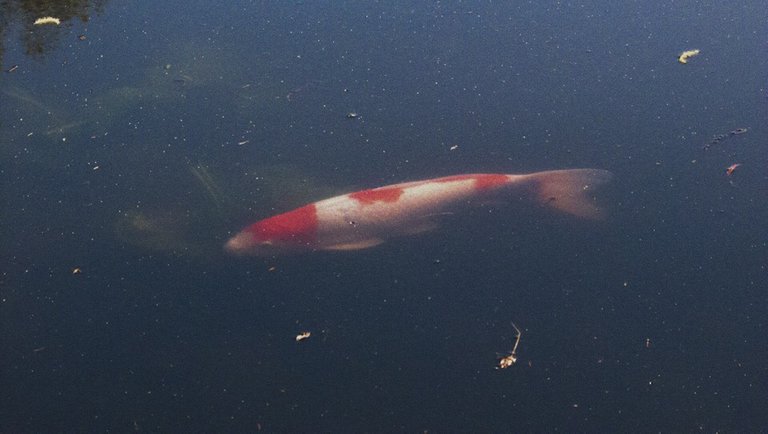


I visited this place on my birthday, April 16, and was very pleased to visit this place, so very nice, quiet, beautiful, you can admire the clock.
I hope you will also like my little story and photos, and you will be transported a little bit to this place mentally!



































WOW ))Beautiful city in Poland Wroclaw.Thanks for sharing these beautiful photos, I was very interested!Happy belated birthday!
thanks you
Wow. I didn't know that Wroclaw has one of these Japanese gardens.
I lived in Poland (Opole) for 14 years and then moved to Canada about 29 years ago and I never had the chance to visit it or heard about it.
Very beautiful and when I go back to Poland I will definitely check this garden out.
I think you will like it)